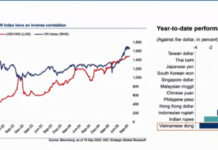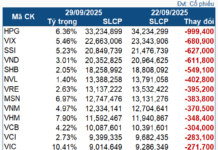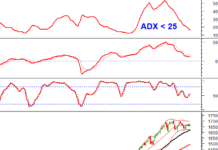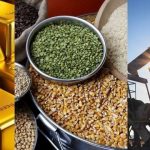
Illustration
Oilprice’s analysis reveals that Saudi Arabia’s decision to curb its crude oil production has significantly benefited Russia and the UAE.
Saudi Arabia’s crude oil exports witnessed a sharp decline, reaching their lowest levels in years, diminishing the kingdom’s oil heat from the recent energy price surge. The country exported approximately 5.6 million barrels per day in June, a mere 250,000 barrels per day more than its record low during the COVID-19 pandemic when travel demands and oil prices were dismal.
As a key player in the alliance between the Organization of the Petroleum Exporting Countries (OPEC) and Russia, known as OPEC+, Saudi Arabia’s push for production cuts has allowed Russia and the UAE to reap the benefits of reduced Middle Eastern output.
At the May OPEC+ meeting, the UAE was granted a special exception to increase its production by an additional 300,000 barrels per day by 2025. Meanwhile, Russia, facing Western sanctions, has been infiltrating Saudi Arabia’s traditional oil markets in Asia.
On July 3, the Russian Ministry of Finance disclosed that during the first half of the year, the country’s budget revenue from oil and gas sales rose by 41% compared to the same period last year, reaching 5,698 billion rubles (USD 65.1 billion). This increase was primarily driven by surging oil prices and a weakened ruble.
In the first half of the year, Russia’s Urals oil price averaged USD 69.1 per barrel, surpassing the Western-imposed export ceiling of USD 60 per barrel and marking an increase from USD 52.5 per barrel in the same period last year.
In April, China purchased 48% of Russia’s crude oil exports, followed by India at 35%.
As the world’s second-largest oil producer with the industrial capacity to swiftly ramp up production, any moves by Saudi Arabia can send shockwaves through the market. The kingdom’s only solace is the surge in Brent crude oil prices, which rose over 10% in June and traded at USD 87.84 per barrel on July 5. However, the International Monetary Fund (IMF) estimates that Saudi Arabia needs oil prices to reach USD 96.20 to balance its 2024 budget.
Saudi Arabia’s Crown Prince Mohammed bin Salman is overseeing economic and social reforms aimed at diversifying the kingdom’s economy. To achieve this vision, the kingdom will require oil revenues to fund investments. With foreign investment delays, the kingdom has had to downsize Neom, a USD 1.5 trillion mega-city project that organizers claimed would eventually be 33 times the size of New York City and include a linear city spanning 170 kilometers.
Instead of the projected 1.5 million people living in the city by 2030, Saudi officials now anticipate a population of fewer than 300,000 residents. Additionally, only 2.4 kilometers of the planned 170-kilometer-long city will be completed by 2030.
According to Oilprice
Market Update on February 3rd: Crude oil, gold, copper, iron and steel, and rubber all decline together.
At the close of trading on February 2nd, the prices of oil, gold, copper, steel, rubber, and coffee all saw a simultaneous decrease, with iron ore hitting a two-week low.
Market Update on February 10th: Oil prices rise, gold falls, India’s rice reaches record high, cocoa hits 9th consecutive record
The closing session of 9/02 trading witnessed a surge in oil prices due to ongoing tensions in the Middle East. On the other hand, gold and copper experienced a decline, while Indian rice prices reached a record high. Additionally, cocoa prices achieved their 9th consecutive record-breaking session.
Unleashing a $2 trillion market
In a year filled with bustling diplomatic events, Vietnam’s efforts to enhance cooperation and strengthen relations with Gulf Cooperation Council (GCC) countries holds significant importance in opening up new markets and attracting investment resources from massive conglomerates and investment funds in Qatar, UAE, Saudi Arabia, and more.









































